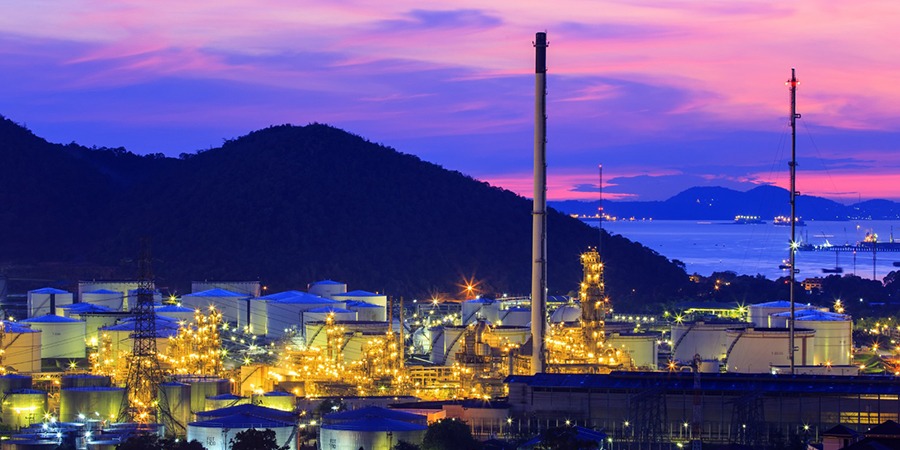The commercial development of the Hanseatic Energy Hub in Stade, Germany, is progressing rapidly. Following very positive reactions in the market to the non-binding expression of interest process in April 2022, the consortium around Fluxys, Dow, Partners Group (acting on behalf of its clients), and Buss Group is the first LNG project in Germany to invite international market participants to submit binding bids for terminal capacities from June 16 to July 29, 2022.
The total capacity of the zero-emission terminal is 13.3 billion m3/y of natural gas with a send-out capacity of 21.7 Gwh/h. This corresponds to approximately 15 percent of Germany’s gas demand. For long-term marketing, 12 billion m3/y are available. The German regulator has recently taken account of the significant increase in LNG demand in Germany: BNetzA is lowering the feed-in tariffs at LNG terminals by 40 percent, thus significantly improving the competitiveness of direct access into the unified German gas market hub HEH.
With the Binding Open Season, the Hanseatic Energy Hub reaches another key milestone after the submission of the approval documents for the terminal and port and enters a new project phase. Now that the main technical and commercial course has been set, the focus in future will be more on the operational development of the terminal, including construction and preparations for operation. For this purpose, Fluxys will strengthen the HEH team with additional operational know-how.
Johann Killinger, managing director of Buss Group and one of the shareholders of the Hanseatic Energy Hub, said: “In recent weeks, numerous new LNG supply deals have been signed in the market. With the Binding Open Season, we are offering binding regasification options so that LNG volumes can actually reach the German market.
“In Stade, we are ready to strengthen the German energy supply with a future-flexible terminal from 2026 onwards.”
The Hanseatic Energy Hub is initially designed for LNG and low-carbon energy sources such as bio-LNG and synthetic methane. As global supply grows it will later be available to import hydrogen-based energy sources, such as ammonia.
For more information visit www.hanseatic-energy-hub.de












